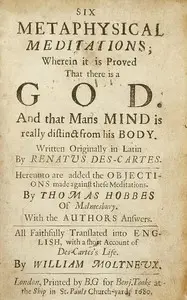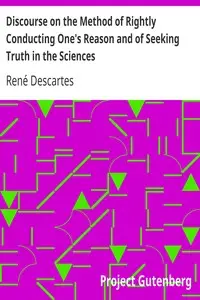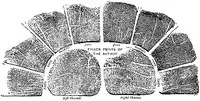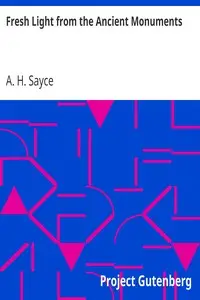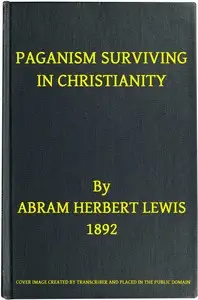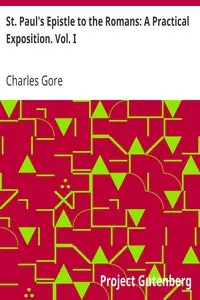"Selections from the Principles of Philosophy" by René Descartes is a philosophical work possibly written in the early 17th century. This collection includes the preface and the initial sections of Descartes' seminal work, addressing the foundational aspects of human knowledge, the nature of existence, and the utility of philosophy. The text delves into how clear and evident principles can lead to the highest degree of wisdom, contrasting traditional philosophical doctrines with Descartes’ rational approach. The opening of this work presents Descartes' purpose in explicating the principles upon which knowledge is built, emphasizing the necessity of doubting everything that can be doubted to arrive at certainty. He introduces the famous assertion "I think, therefore I am" as a fundamental truth that cannot be doubted. Additionally, he argues for the distinct nature of the mind and body, setting the stage for discussions about the existence of God, the nature of reality, and the pursuit of wisdom. Descartes articulates that true philosophy serves not only to illuminate the nature of existence but also to lead individuals toward a better understanding of themselves and their place in the world. (This is an automatically generated summary.)
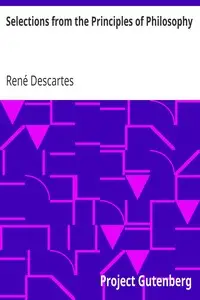
Selections from the Principles of Philosophy
By René Descartes
"Selections from the Principles of Philosophy" by René Descartes is a philosophical work possibly written in the early 17th century. This collection i...
René Descartes was a French philosopher, scientist, and mathematician, widely considered a seminal figure in the emergence of modern philosophy and science. Mathematics was paramount to his method of inquiry, and he connected the previously separate fields of geometry and algebra into analytic geometry. Descartes spent much of his working life in the Dutch Republic, initially serving the Dutch States Army, and later becoming a central intellectual of the Dutch Golden Age. Although he served a Protestant state and was later counted as a deist by critics, Descartes was Roman Catholic.


